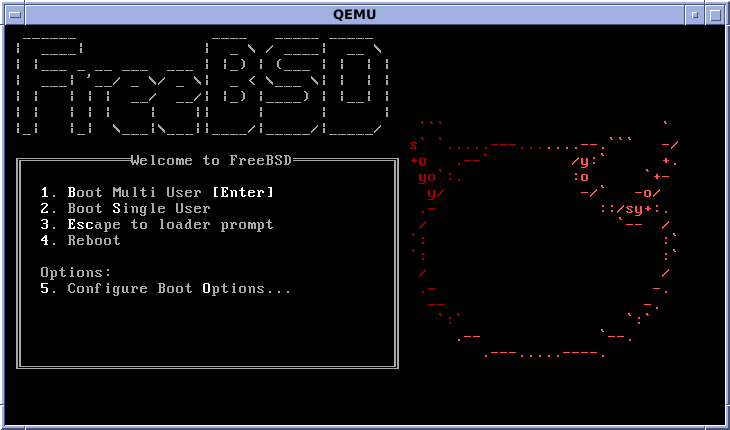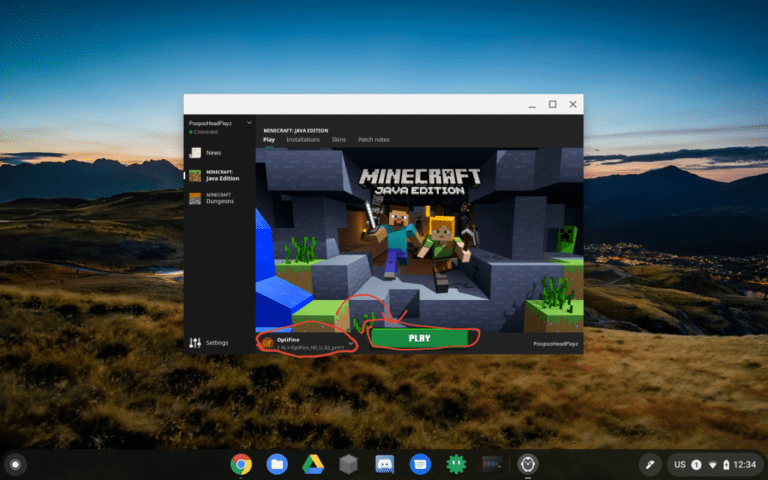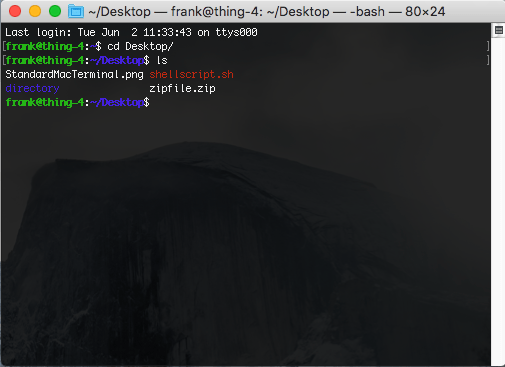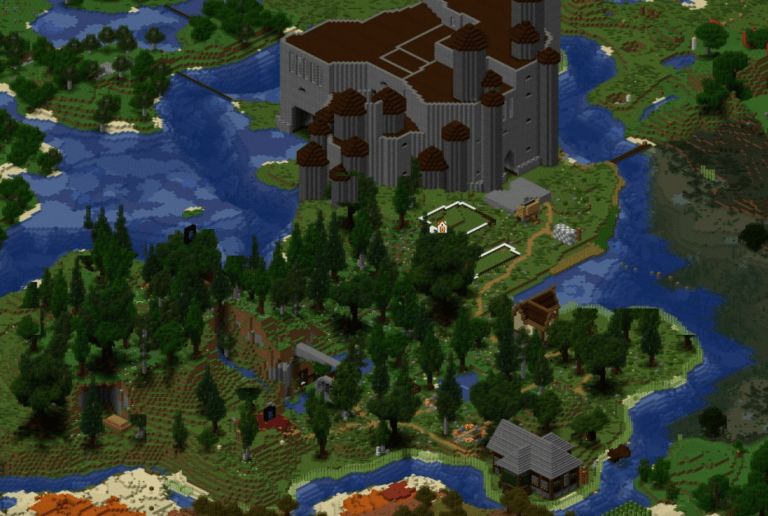FreeBSD: Linux’s Linux
FreeBSD: The OS Even Most Linux Devs Don’t Know Much About
I’m going to go ahead and make a bold statement: Linux users know more about Windows than Windows users know about Linux. There’s a ladder of knowing more than the other guy that happens with the Operating Systems. It’s kind of a food chain in the computer world. It goes in this order (higher numbers know more about lower numbers than lower numbers know about higher numbers):
- Mac
- Windows
- Linux
- BSD
I am a very adamant supporter of Linux. I think Linux is great. I run Info Toast on Linux. However, if I had a do-over of what Operating System to use to run Info Toast and my other endeavors on, I would instead opt to go with FreeBSD.

What is a BSD?
BSD stands for Berkeley Software Distribution. To understand why Berkeley is so essential here, you must understand a little bit of history:
Unix was created at Bell Labs in Berkeley, California. Every major modern Operating System except for Windows is based on Unix. They all stem from something called “The Unix Wars.” It was a giant argument involving a ton of nerds of whether Unix should be free or not. I’m going to go ahead and post an image which shows all of the Operating Systems which sprung out of the Unix wars:
For more history on the Unix Wars, see https://infotoast.org/site/index.php/2021/03/07/the-complete-list-of-unix-operating-systems/
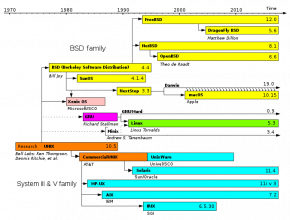
Bell Labs believed that Unix should not be free. However, some people like Linus Torvalds (the inventor of Linux) thought that it should be free and Open Source. People started developing their forms of Unix. Linus Torvalds invented Linux, which was free and Open Source. Then a bunch of other people created their types of Linux.
There was also a group of people who left Bell Labs because of the constant disagreement and took Unix and did their own little thing with it. They created BSD. That’s what Berkeley Software Distribution means. It’s made by the same guys who brought us Linux. Some BSDs costed money. Others, such as FreeBSD, were free. But this meant that not just anybody could make a BSD.
BSDs were more controlled. One reason that is a good thing is that there are constant contributions to Linux. Because just anybody could go into the code and edit it, there would be tons of inconsistencies. Everything that makes its way into a BSD is tried and true. This ensures there are almost no security issues, and the OS is minimal, meaning everything will be faster.
What is FreeBSD?
FreeBSD is the BSD I will be talking about. FreeBSD is the most widely used BSD and is one of the strongest competitors to Linux. FreeBSD’s resume speaks for itself. Both Mac OS X and the PS4 Operating System are based on FreeBSD. Netflix uses FreeBSD to host their servers.
FreeBSD’s package manager is pkg. It can install pretty much everything you can install on Linux. If something is not available, there is always Ports. Ports is a software that enables you to build almost anything from source.
FreeBSD is Open Source, yet not just anybody can contribute to it. Like the other BSDs, you had to be part of Bell Labs if you wanted to add to the Operating System. You can check out FreeBSD at https://www.freebsd.org/.
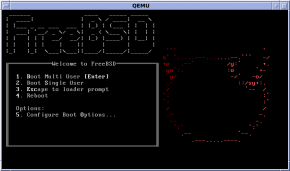
Why is This Article Important
I will most likely be hosting a FreeBSD server soon. I also see the opportunity because there is a relatively large group of people who use FreeBSD, and not very many tutorials outside of the FreeBSD website, which is hard to read and difficult to understand, even to the best of developers.
Therefore, I have decided that I will probably be doing tutorials on FreeBSD in the future, because FreeBSD, like Chromebooks, is a relatively broad audience, and doesn’t get very many tutorials.
